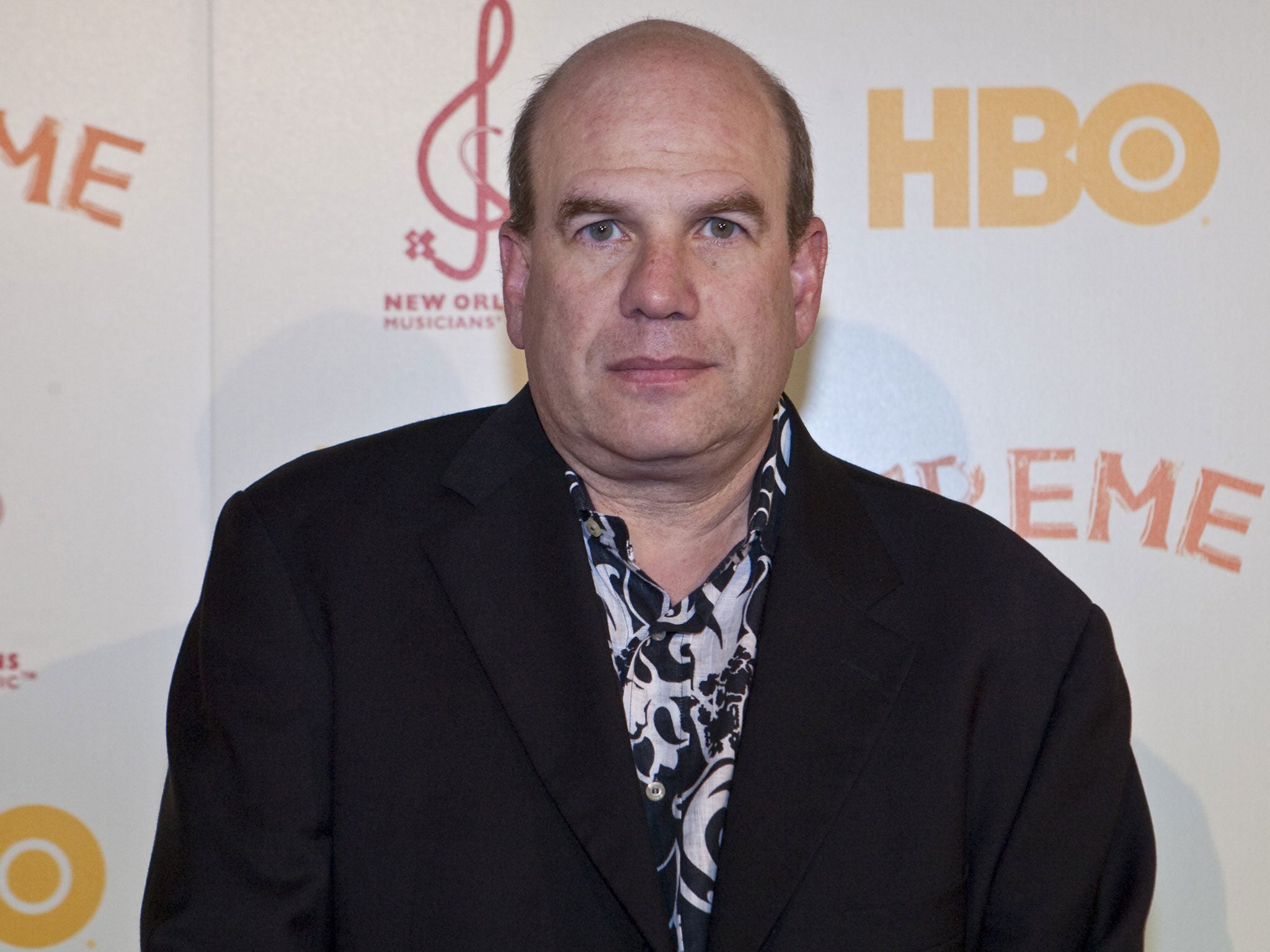'The Wire' creator David Simon describes America as a "horror show" in a powerful speech on capitalism

David Simon, the creator of the critically acclaimed television series The Wire, delivered a powerful criticism of modern America during an appearance at the Festival of Dangerous Ideas in Sydney.
The talk took place in November but details only recently surfaced after an edited transcript of the speech appeared online.
These are some of the highlights:
Simon on the two Americas:
"There are definitely two Americas. I live in one, on one block in Baltimore that is part of the viable America, the America that is connected to its own economy, where there is a plausible future for the people born into it. About 20 blocks away is another America entirely. It's astonishing how little we have to do with each other, and yet we are living in such proximity.
The rise of capitalism:
"It took a working class that had no discretionary income at the beginning of the century, which was working on subsistence wages. It turned it into a consumer class that not only had money to buy all the stuff that they needed to live but enough to buy a bunch of shit that they wanted but didn't need, and that was the engine that drove us.
Capitalism and society:
"Mistaking capitalism for a blueprint as to how to build a society strikes me as a really dangerous idea in a bad way. Capitalism is a remarkable engine again for producing wealth. It's a great tool to have in your toolbox if you're trying to build a society and have that society advance. You wouldn't want to go forward at this point without it. But it's not a blueprint for how to build the just society. There are other metrics besides that quarterly profit report."
The demise of the trade union movement:
"The unions actually mattered. The unions were part of the equation. It didn't matter that they won all the time, it didn't matter that they lost all the time, it just mattered that they had to win some of the time and they had to put up a fight and they had to argue for the demand and the equation and for the idea that workers were not worth less, they were worth more."
Marxism:
"I'm not a Marxist in the sense that I don't think Marxism has a very specific clinical answer to what ails us economically. I think Marx was a much better diagnostician than he was a clinician. He was good at figuring out what was wrong or what could be wrong with capitalism if it wasn't attended to and much less credible when it comes to how you might solve that."
America's prison system:
"You're seeing the underclass hunted through an alleged war on dangerous drugs that is in fact merely a war on the poor and has turned us into the most incarcerative state in the history of mankind, in terms of the sheer numbers of people we've put in American prisons and the percentage of Americans we put into prisons."
Obamacare:
"We can't even get healthcare for our citizens on a basic level. And the argument comes down to: "Goddamn this socialist president. Does he think I'm going to pay to keep other people healthy? It's socialism, m*******er."
Creating The Wire:
"The Wire was about basically, it was about people who were worth less and who were no longer necessary, as maybe 10 or 15% of my country is no longer necessary to the operation of the economy. It was about them trying to solve, for lack of a better term, an existential crisis."
Karl Marx's legacy:
"I'm astonished that at this late date I'm standing here and saying we might want to go back for this guy Marx that we were laughing at, if not for his prescriptions, then at least for his depiction of what is possible if you don't mitigate the authority of capitalism, if you don't embrace some other values for human endeavour."
The impact of recession on middle America:
"It was interesting in this last recession to see the economy shrug and start to throw white middle-class people into the same boat.
And all of a sudden a certain faith in the economic engine and the economic authority of Wall Street and market logic started to fall away from people. And they realised it's not just about race, it's about something even more terrifying. It's about class"
Wealth and democracy:
"Right now capital has effectively purchased the government, and you witnessed it again with the health care debacle in terms of the $450m that was heaved into Congress, the most broken part of my government, in order that the popular will never actually emerged in any of that legislative process"
Watch the full talk in the video below:
Subscribe to Independent Premium to bookmark this article
Want to bookmark your favourite articles and stories to read or reference later? Start your Independent Premium subscription today.

Join our commenting forum
Join thought-provoking conversations, follow other Independent readers and see their replies